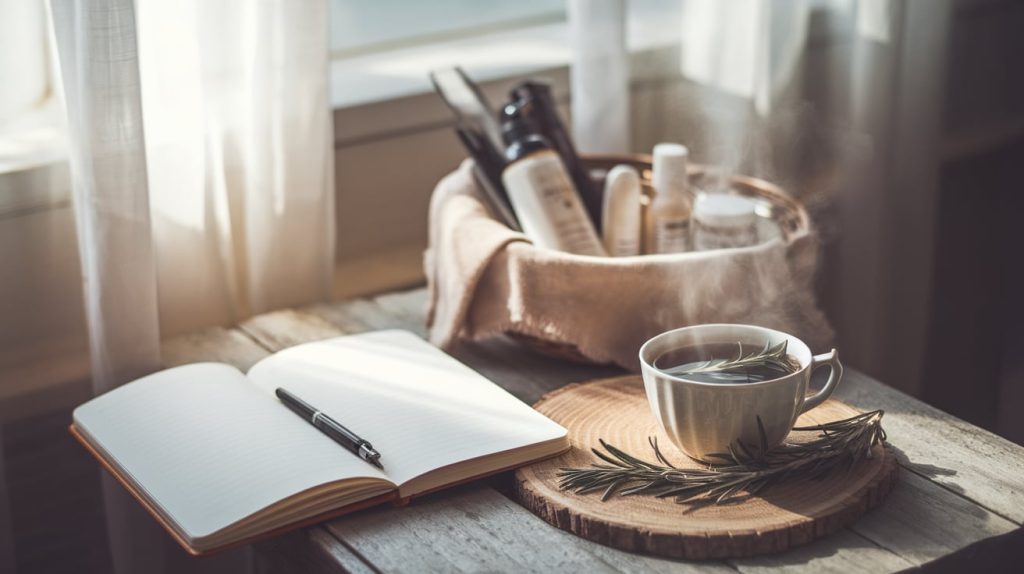
Table of Contents
Tired of the Same Old Hair Loss Advice? Let’s Shake Things Up!
Let’s be honest—most hair loss tips out there sound like a broken record. You’ve heard about biotin, reducing heat styling, and switching shampoos more times than you can count. But what if we told you there are lesser-known, science-backed hair loss tips that could transform your hair game? Whether you’re battling thinning hair or sudden shedding, these unique hair loss tips will help you reclaim those luscious locks in ways you won’t find in your typical blog post. Ready to dive in?
1. Try Scalp Yoga (Yes, It’s a Thing!)

You’ve heard of yoga for your body, but what about for your scalp? Gentle stretching and movement of your scalp can improve blood flow and boost hair growth. Improved circulation to your scalp delivers essential nutrients directly to hair follicles, which can significantly slow hair loss.
How to Create It: Use your fingertips to gently move your scalp in circular motions, followed by light tapping across the scalp to stimulate the follicles. Perform this for five minutes daily.
Mindful Insight: Combine scalp yoga with deep breathing exercises to double the stress-relief benefits. This not only helps with relaxation but also reduces stress-induced hair loss.
2. Embrace the Power of Cold Showers

Hot showers may feel amazing, but they could be sabotaging your hair health by stripping away essential oils and weakening hair strands, contributing to hair loss. Cold water, on the other hand, can help seal hair cuticles and improve scalp circulation.
How to Create It: After washing your hair with lukewarm water, finish with a 30-second cold rinse to seal the hair cuticles and boost circulation.
Mindful Insight: Cold water not only benefits your hair but also invigorates your mind—perfect for kickstarting your day. Regular cold rinses can reduce hair loss over time.
3. Swap Your Morning Coffee for Rosemary Tea

Caffeine can spike cortisol levels, which may contribute to hair thinning. Rosemary, on the other hand, is a natural hair growth stimulant and has been shown to improve circulation to the scalp, promoting hair growth and reducing hair loss.
How to Create It: Brew a cup of rosemary tea in the morning—it’s packed with antioxidants that support scalp health. Drinking it daily can help balance hormone levels, reducing hair loss.
Mindful Insight: You can also use cooled rosemary tea as a hair rinse for an extra growth boost. Applying it topically stimulates hair follicles directly.
4. Sleep in the “Hair Growth Position”
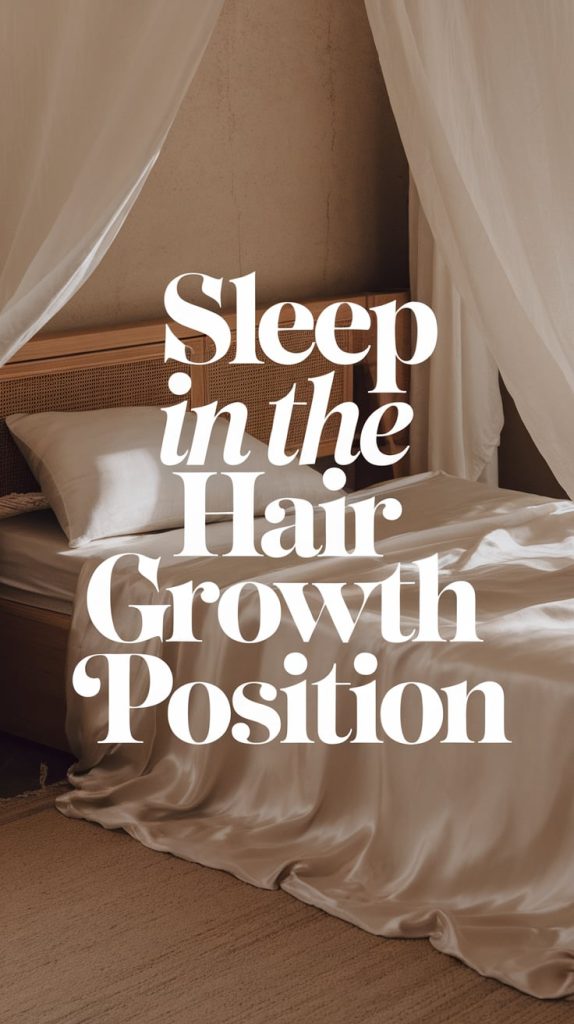
Believe it or not, your sleep position can impact hair health. Constant friction from tossing and turning can weaken hair strands, while poor blood circulation during sleep can exacerbate hair loss.
How to Create It: Sleep on your back with a silk pillowcase to reduce friction and improve blood flow to your scalp. This position helps minimise mechanical stress on your hair.
Mindful Insight: Elevate your head slightly with a pillow to encourage better circulation and nutrient delivery to your hair follicles, potentially reducing hair loss.
5. Get Creative with Scalp Exfoliation
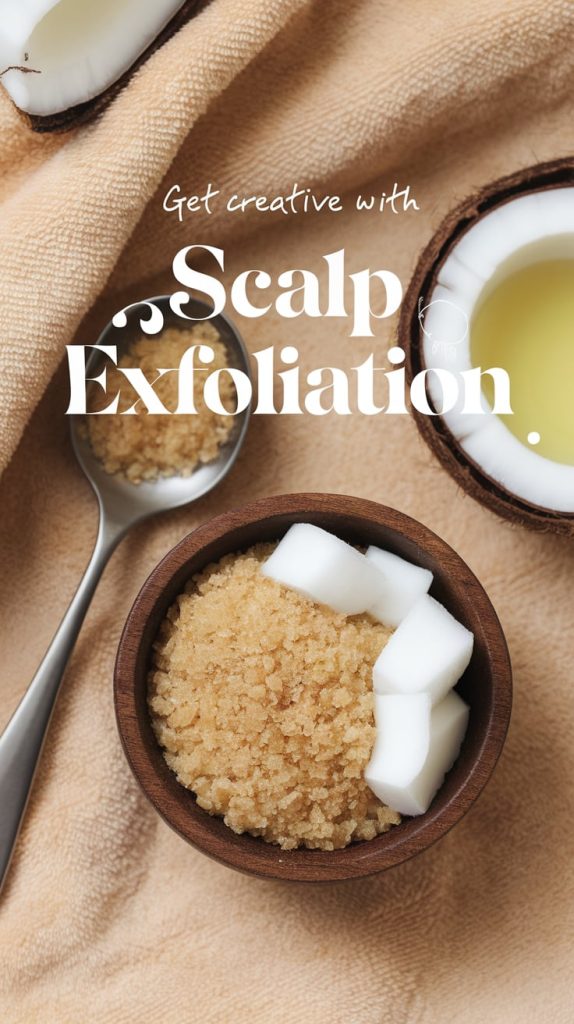
We exfoliate our skin, but when was the last time you exfoliated your scalp? Dead skin and product buildup can clog hair follicles, stunting growth and contributing to hair loss. Regular scalp exfoliation can rejuvenate your hair growth cycle.
How to Create It: Mix brown sugar with coconut oil and gently scrub your scalp once a week. This removes dead skin cells and improves follicle health.
Mindful Insight: Add a few drops of tea tree oil to your scrub for an antimicrobial boost that keeps your scalp squeaky clean and free from dandruff, which can contribute to hair loss.
6. Biohack with Red Light Therapy
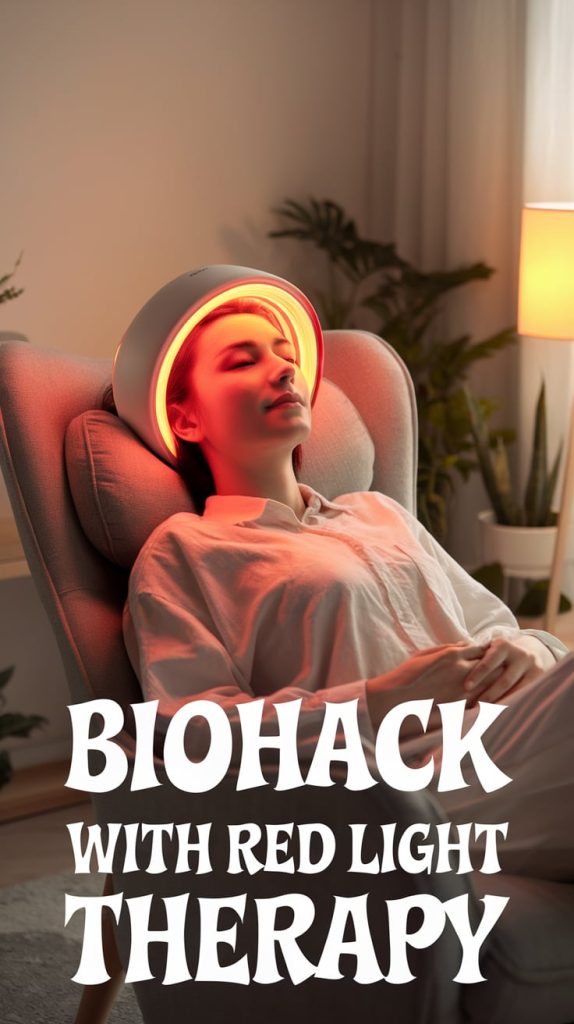
Red light therapy isn’t just for skin; it’s a cutting-edge hair growth solution backed by science. It helps to stimulate the hair follicles, increase blood flow, and extend the growth phase of hair, reducing hair loss significantly.
How to Create It: Use a red light therapy cap or comb a few times a week to stimulate hair follicles and promote growth.
Mindful Insight: Combine this with scalp massages to amplify the effects and speed up results. Red light therapy works best when paired with a consistent hair care routine focused on reducing hair loss.
7. Harness the Power of Adaptogens
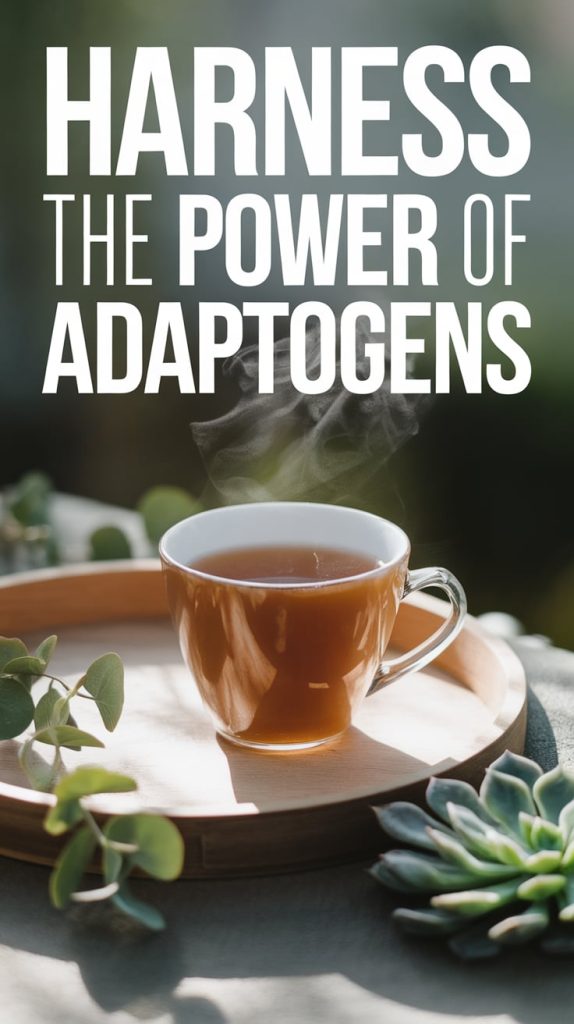
Chronic stress is a major culprit behind hair loss, but adaptogens can help your body adapt to stress and support hair health. These natural herbs regulate cortisol levels, one of the key hormones linked to stress-induced hair loss.
How to Create It: Incorporate herbs like ashwagandha, rhodiola, or holy basil into your daily routine through teas or supplements. These herbs help balance your body’s stress response, reducing the likelihood of hair thinning.
Mindful Insight: Adaptogens not only help with hair loss but also boost energy and mood—it’s a win-win! By managing stress more effectively, you create a healthier environment for your hair to grow.
8. Flip Your Head for “Inversion Therapy”
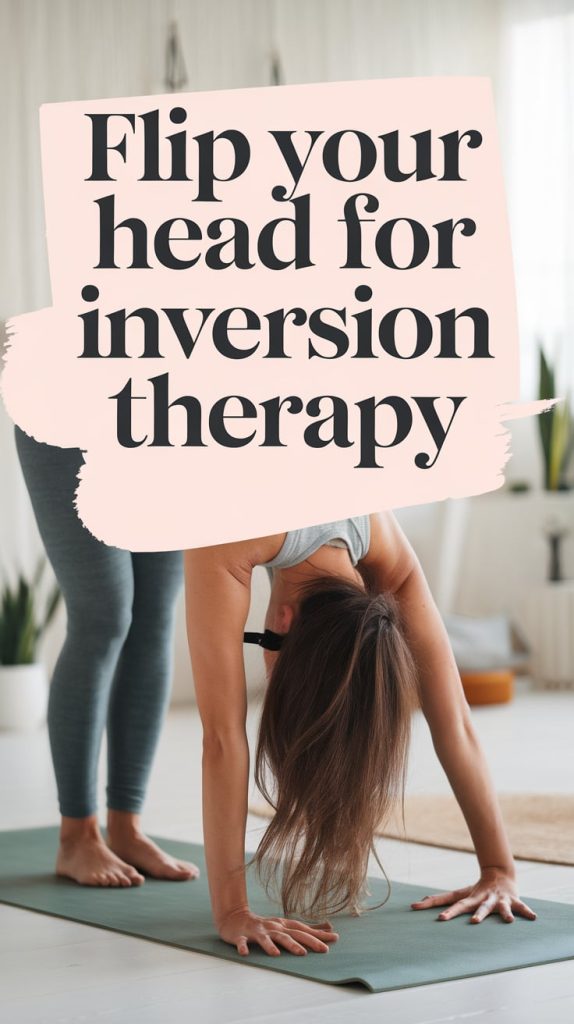
It sounds wild, but flipping your head upside down for a few minutes can dramatically increase blood flow to your scalp. This boost in circulation delivers more nutrients to your hair follicles, reducing hair loss and promoting growth.
How to Create It: Bend over gently for 2-3 minutes daily, letting gravity do the work. Follow with a scalp massage to further stimulate hair follicles.
Mindful Insight: Pair this with a nourishing oil like castor oil for maximum benefits. This combination can help strengthen your hair and reduce shedding.
9. Eat “Hair-Boosting” Fermented Foods

Your gut health is directly linked to your hair health. Fermented foods support a healthy microbiome, which can positively impact hair growth by improving nutrient absorption and reducing inflammation, a key contributor to hair loss.
How to Create It: Add foods like kimchi, sauerkraut, or kefir to your meals for a gut-hair health connection. These foods enhance your digestive health, ensuring your body efficiently absorbs hair-nourishing nutrients.
Mindful Insight: A healthy gut improves nutrient absorption, meaning your hair gets more of what it needs to grow. This can lead to reduced hair loss and stronger, shinier hair.
10. Get a Hair DNA Test

Your genetics hold the key to understanding your unique hair needs. A hair DNA test can pinpoint deficiencies or sensitivities affecting your hair health, allowing for personalised hair loss treatments and prevention strategies.
How to Create It: Order a hair-specific DNA test kit online, send a sample, and receive personalised advice tailored to your genetic profile. This will help you understand which hair loss tips are most effective for you.
Mindful Insight: Personalised hair care means no more guessing games—you’ll know exactly what your hair needs to thrive and reduce hair loss.
Final Thoughts: Your Hair, Your Rules!
Forget the cookie-cutter advice—your hair journey is unique, and these game-changing hair loss tips are here to help you embrace it fully. Whether you’re flipping your head for inversion therapy or sipping on rosemary tea, these unconventional methods could be your ticket to thicker, healthier hair. Which of these unexpected hair loss tips are you excited to try? Share your thoughts in the comments—let’s grow together!
FAQ: Surprising Answers to Your Hair Loss Questions
1. Can flipping my head upside down really help my hair grow?
Yes! It’s called inversion therapy, and it increases blood flow to your scalp, promoting growth and reducing hair loss.
2. How do adaptogens help with hair loss?
Adaptogens like ashwagandha reduce stress hormones, which are often linked to hair thinning and hair loss.
3. Is red light therapy safe for hair growth?
Absolutely! It’s FDA-approved and has been shown to stimulate hair follicles and promote regrowth, making it an effective hair loss tip.
4. Can fermented foods really affect my hair?
Yes! A healthy gut means better nutrient absorption, which directly impacts hair health and can reduce hair loss.
5. What is a hair DNA test, and how can it help?
A hair DNA test analyses your genetic makeup to provide personalised hair care recommendations based on your unique needs, offering targeted hair loss solutions.

I think this is among the such a lot significant info for me. And i am happy reading your article. But wanna commentary on some basic issues, The website style is great, the articles is really nice : D. Good task, cheers
Hey! This post could not be written any better! Reading through this post reminds me of my old room mate! He always kept talking about this. I will forward this post to him. Fairly certain he will have a good read. Thank you for sharing!
Thank you. I really appreciate it
you are really a good webmaster. The site loading speed is amazing. It seems that you’re doing any unique trick. Also, The contents are masterwork. you have done a magnificent job on this topic!
Wow, awesome blog layout! How long have you been blogging for? you make blogging look easy. The overall look of your site is excellent, let alone the content!